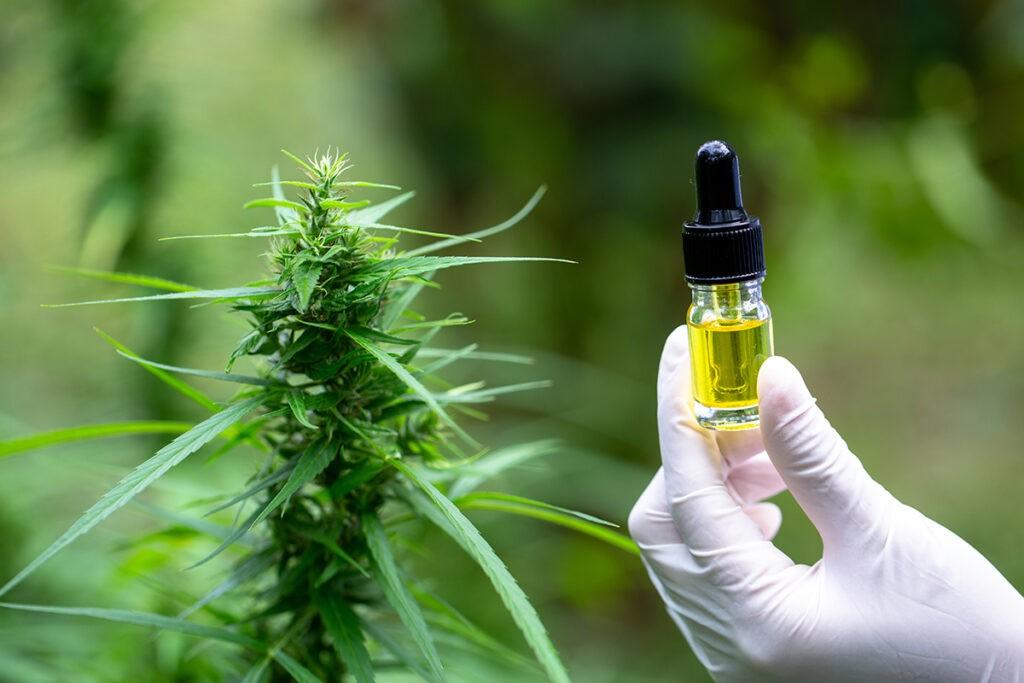A new study published in the journal Epilepsy & Behavior found that cannabidiol (CBD) may be a highly effective adjunct treatment for patients with drug-resistant epilepsy (DRE), helping to significantly lower seizure frequency across a variety of epilepsy types.

Researchers from Tulane University School of Medicine, the Donald and Barbara Zucker School of Medicine, the NY Cohen Children’s Medical Center, and Our Lady of the Lake Children’s Health conducted a retrospective review of patients with refractory epilepsy who were treated with CBD at two tertiary care centers. Seizure counts were compared from the start of CBD therapy to at least three months later, with patients categorized by epilepsy type, including focal or multifocal epilepsy, primary generalized epilepsy, Lennox-Gastaut syndrome, Dravet syndrome, and other developmental and epileptic encephalopathies.
Among the patients evaluated, 49% achieved a seizure reduction of 25% or less, 5% experienced a 26–50% reduction, 21% saw a 51–75% reduction, 20% achieved a 76–99% reduction, and another 5% became nearly seizure-free. Overall, the median number of seizures dropped sharply from 30 at baseline to just 8 following treatment with CBD, a change researchers called statistically significant (p = 0.000).
Notably, significant seizure reductions were recorded across each diagnostic group, suggesting broad efficacy for CBD beyond the limited conditions for which it is already approved. Researchers noted that CBD’s effectiveness in reducing seizure burden and the need for additional anti-seizure medications, particularly among patients with syndromes that are traditionally difficult to treat, reinforces its growing role as a valuable therapeutic option.







